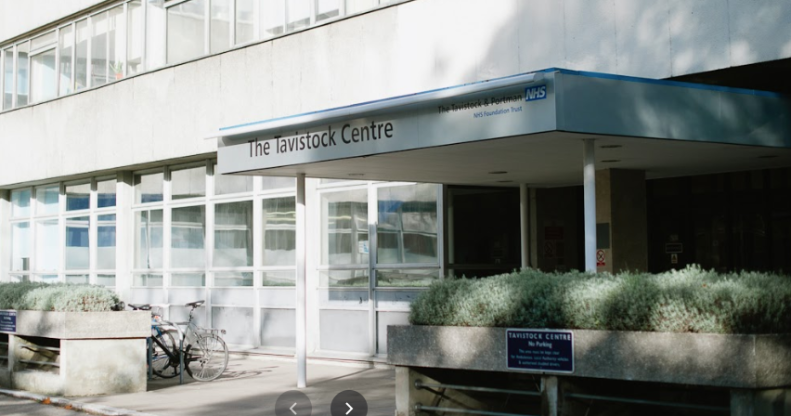UK’s only gender clinic for children rated ‘inadequate’ due to damning two-year wait for appointments

Patients at GIDS were studied from 2011 to 2014. (Google maps)
The UK’s health watchdog has rated the only NHS gender clinic for under 18’s in England and Wales “inadequate” and taken enforcement action over two-year waiting times for a first appointment.
The Care Quality Commission (CQC) carried out an announced inspection in October 2020 due to concerns raised by healthcare professionals and the children’s commissioner for England.
The children’s commissioner had been provided “evidence of staff concerns” by BBC Newsnight, according to the BBC.
The CQC inspection said the youth gender clinic is “inadequate” after a previous rating of “good” in 2016, and has launched enforcement action over the long waiting list and difficulty of accessing the Gender Identity Development Service (GIDS), the youth gender clinic run by the Tavistock and Portman NHS Trust.
More than 4,600 young people are currently on the waiting list for GIDS and some have waited for more than two years for their first appointment. In October 2020, the service was working with 2,093 young people.
The health watchdog added that many of the young people waiting for an appointment are vulnerable and at risk of self-harming or suicide attempts, warning that the size of the waiting list and a lack of resources mean GIDS is not able to sufficiently address these risks.
Kevin Cleary, CQC’s deputy chief inspector of hospitals, said inspectors had identified “significant concerns” at GIDS.
“We were extremely clear that there were improvements needed in providing person centred care, capacity and consent, safe care and treatment, and governance,” Cleary said. “In addition vulnerable, young people were not having their needs met as they were waiting too long for treatment.”
The enforcement action that means GIDS will have to produce a monthly written report setting out how it is reducing waiting times and the number of new referrals.
A spokesperson for the Tavistock and Portman NHS Trust said they take the inspection results “very seriously” and wanted to “say sorry to patients for the length of time they are waiting to be seen”.
“We know the difficulty this wait is causing them and their families and we agree with the CQC that the growth in referrals has exceeded the capacity of the service,” the Tavistock spokesperson said. “We very much accept the need for improvements in our assessments, systems and processes.”
The spokesperson added: “Above all, we remain focused on providing a high quality service to children and young people in our care and supporting our staff who, despite the challenging context they have been working in, have been praised by the CQC for their understanding, compassion and kindness.
“Patient feedback was reported as overwhelmingly positive and we will involve both patient and staff as we build on these strengths.”
Separately, Dr Hilary Cass OBE is currently conducting a review of healthcare for trans youth in the UK.
The review, which was first announced in January 2020, will look at the way in which healthcare for trans and gender-questioning youth is provided by the NHS.
It was scheduled for 2020 as part of a change made by NHS England in 2016 to the way in which services for trans youth are provided.
Since the CQC inspected GIDS, the High Court ruled in a landmark judicial review that young people with gender dysphoria under the age of 16 don’t have the capacity to consent to puberty blocking treatment. In 2019-20, GIDS referred 161 of its patients to an endocrinology service to be assessed for puberty blockers, a medication that pauses the physical effects of puberty.

